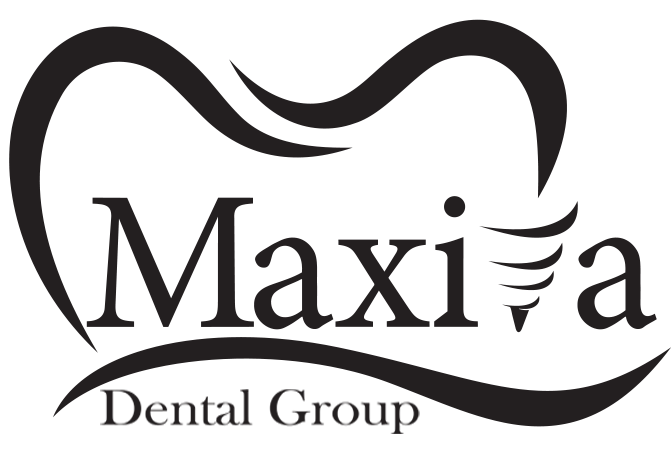
Tooth Extraction – Safe, Gentle Removal by Experienced Professionals
Same-day emergency appointments are always available
At Maxilla Dental Group, we perform safe and effective tooth extractions, including wisdom teeth and root extractions, using the latest techniques and a compassionate approach. Whether it’s a simple extraction or a complex surgical procedure, you’ll be cared for by our team of experienced general dentists and maxillofacial surgeons.
With multiple clinic locations and same-day appointments available, we’re here when you need us most—relieving pain and restoring comfort quickly and professionally.
When Is a Tooth or Root Extraction Necessary?
Before any tooth is removed, you will first consult with your general dentist. During this exam, the dentist will assess the condition of the tooth, your overall oral health, and whether there are alternatives to extraction—such as root canal therapy or restorative treatment.
Only after this thorough evaluation will the doctor determine if an extraction is truly the best option for your case.
Tooth or root extractions may be needed in cases such as:
- Severe tooth decay or deep infection
- Advanced periodontal (gum) disease
- Broken or fractured teeth (above or below the gumline)
- Retained tooth roots from past dental trauma or failed restorations
- Overcrowding or preparation for orthodontic treatment
- Wisdom teeth that are impacted, partially erupted, or causing discomfort
- Dental emergencies involving pain, swelling, or abscesses
Our team carefully evaluates every case and only recommends extractions when no better restorative option is available.
Wisdom Tooth Extractions – Surgical & Non-Surgical
Wisdom teeth (third molars) often cause problems due to lack of space, improper eruption, or angulation. At Maxilla Dental Group, we offer both non-surgical and surgical wisdom tooth extractions, depending on the condition of the teeth:
- Erupted wisdom teeth can often be removed with a simple procedure
- Impacted wisdom teeth may require surgical extraction, especially if trapped beneath gum or bone
- Removal is recommended to prevent infection, crowding, pain, and jaw complications
- Our maxillofacial surgeons perform even the most complex cases with skill and care
Whether it’s a single wisdom tooth or all four, we ensure the process is smooth and well-managed from start to finish.
Other Types of Tooth Extractions We Offer:
- Simple Extractions – For fully erupted teeth that are easy to access
- Surgical Extractions – For impacted, fractured, or difficult-to-reach teeth
- Root Extractions – For remaining tooth roots left behind or broken below the gumline
- Emergency Extractions – Same-day care for infected or painful teeth needing urgent removal
Why Choose Maxilla Dental Group?
- Experienced general dentists and maxillofacial surgeons on-site
- Skilled in wisdom tooth removal, including surgical and impacted cases
- Gentle, precise techniques with sedation options available
- Same-day appointments for urgent dental needs
- Modern facilities with digital X-rays and 3D imaging
- Direct insurance billing and multiple convenient locations
- Patient-centered, multilingual care in a welcoming environment
What to Expect
We’ll numb the area thoroughly and walk you through the procedure. Surgical extractions or complex cases may include sedation and stitches. You’ll receive full aftercare instructions, and our team is always available for follow-up or questions to support a smooth recovery.
Book Your Tooth, Root, or Wisdom Tooth Extraction Today
Whether you’re dealing with a painful tooth, infected root, or impacted wisdom tooth, Maxilla Dental Group is here to provide expert care with minimal discomfort.
👉 Check our locations to find the clinic closest to you and book your extraction appointment today—same-day visits are always welcome.
